What Kind of Math Is on the GRE?
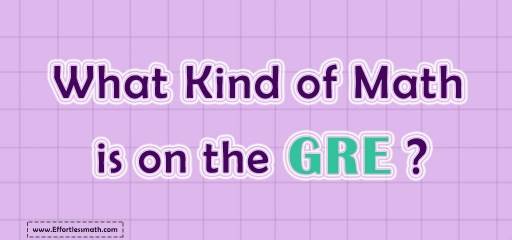
Consider reviewing probability, like a component or independent events: probability distributions or conditional probability.
Final Thoughts
The math portion of the GRE test should be easy for you. However, it does require you to brush up on topics that you may not have thought about in many years. Don’t assume because this is high school level math that you’ll breeze through it. Many topics may have been forgotten and will need to be reviewed.
Consider getting a study guide, or tutor, or at least take practice tests so that you can understand any areas that require some specific work for you to study. Unfortunately, the test is not always available, so you’ll need to pass it the first time or wait for the next test, which could slow you down and cause other issues due to delay.
The Best Books to Ace the GRE Math Test
Related to This Article
More math articles
- FREE 8th Grade PARCC Math Practice Test
- Top 10 3rd Grade SBAC Math Practice Questions
- A Comprehensive Collection of Free ALEKS Math Practice Tests
- How to Use Exponents to Write down Multiplication Expressions?
- 3rd Grade NHSAS Math Worksheets: FREE & Printable
- How to Find The Derivative of a Trigonometric Function
- Intelligent Math Puzzle – Challenge 88
- Decoding Discreteness: A Comprehensive Guide to the Probability Mass Function
- How to Help Your 6th Grade Student Prepare for the Maryland MCAP Math Test
- The Best TASC Math Worksheets: FREE & Printable



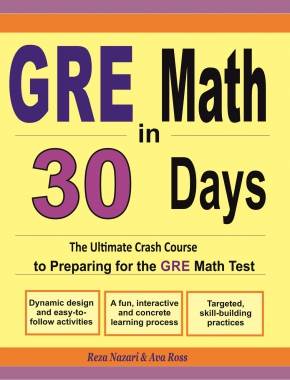
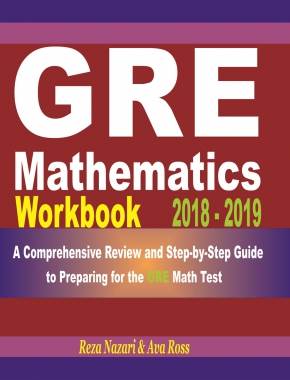
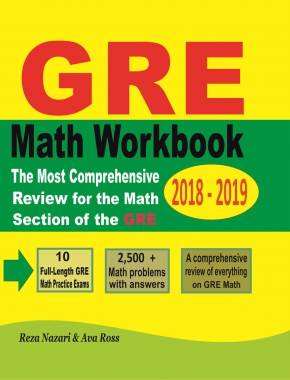
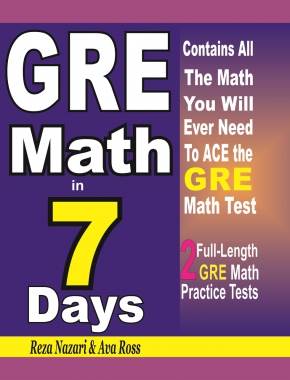








What people say about "What Kind of Math Is on the GRE? - Effortless Math: We Help Students Learn to LOVE Mathematics"?
No one replied yet.